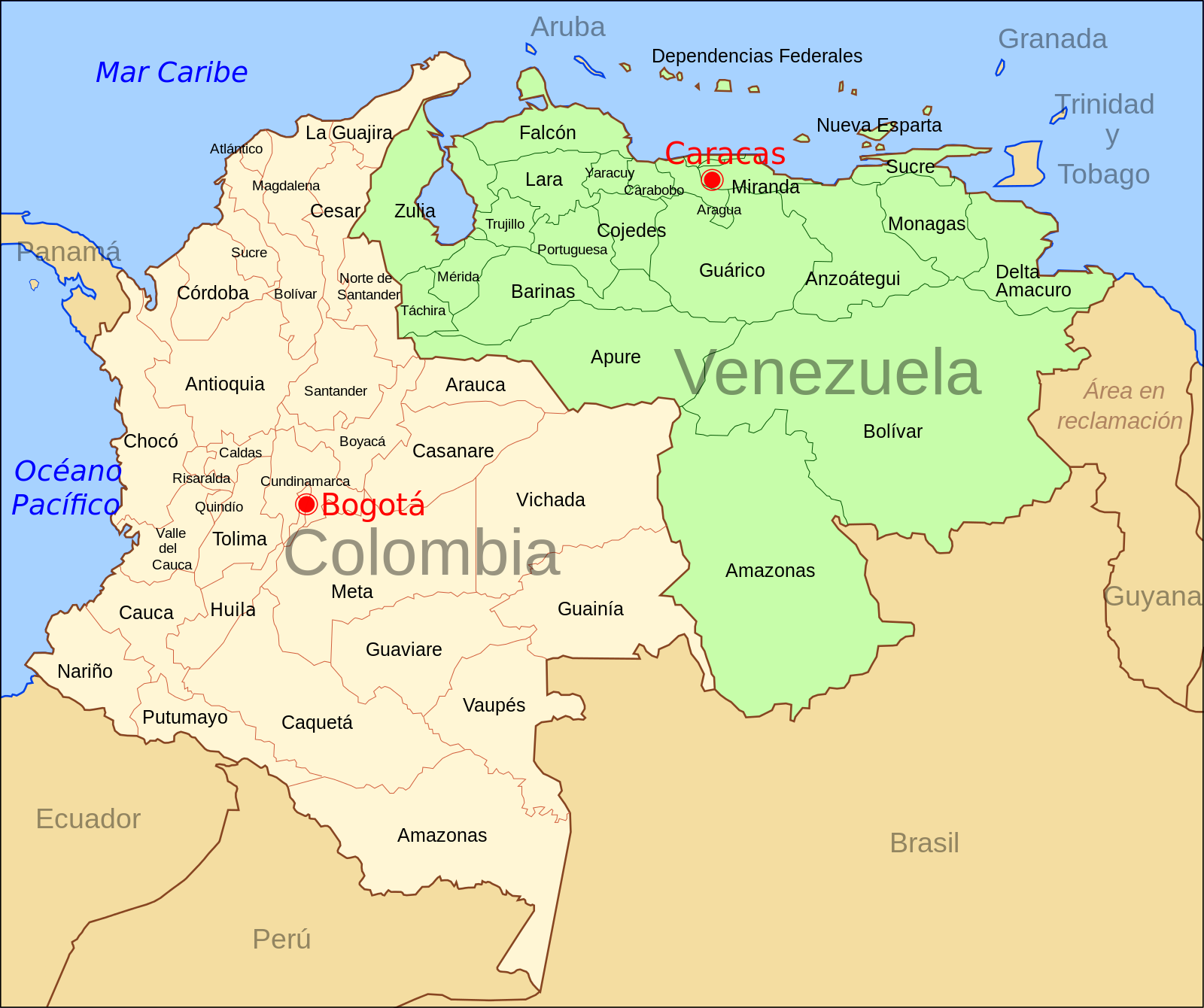(Opinion) The resumption of political relations between Venezuela and Colombia is a “clear and convincing sign that U.S. foreign policy in Latin America and the Caribbean has undeniably taken a step backward,” international analyst Fernando Rivero told Xinhua today.
Venezuelan President Nicolás Maduro on Monday accepted the credentials of Colombia’s ambassador to his country, Armando Benedetti. With this, the governments of Venezuela and Colombia officially re-established diplomatic relations.
The geopolitical researcher recalled that Washington’s intentions in the region had suffered countless setbacks recently, highlighting with particular emphasis the notorious public failure of the last Summit of the Americas.

Rivero pointed out that in the region, “a group of progressive governments has emerged that distance themselves from the geopolitical interests of the United States and through their actions support the self-determination of peoples.”
In this sense, he said, it is undeniable that the resumption of relations between Colombia and Venezuela points to the possibility of strengthening regional integration mechanisms, which is contrary to the interests of the White House.
In his opinion, the new rapprochement between the two countries offers the possibility of strengthening unity in organizations such as the Community of Latin American and Caribbean States (CELAC) and “also opens the floodgates for the revival of Unasur.”
He affirmed that Colombia and Venezuela could play “an important role” in the organizations mentioned above after the reorganization of relations began.
Rivero pointed out that U.S. foreign policy has been very active in the region recently with the visit of Vice President Kamala Harris, the head of the Southern Command, Laura J. Richardson, and other high-level officials.
“The unity of Colombia and Venezuela, as well as the agreements in different areas of binational politics, will make a decisive contribution not only in the economic and commercial field but also to regional peace,” stressed the lawyer.
He explained that in the eyes of the White House, Colombia has acted as a “NATO outpost in the region and a linchpin for the Southern Command’s plans,” stressing that “changes are now emerging that point to a geopolitical and military setback for the United States.”
Rivero predicted good results for binational relations in the short, medium, and long term. He considered that both countries are interested in an economic revival of ties “to improve the quality of life of the people of both countries.”
He believes that the political conditions are in place for progress on important joint projects that will lead to the flourishing of economic and trade relations between the two countries.
Venezuela severed relations with Colombia in February 2019, when the government of Iván Duque recognized then-opposition deputy Juan Guaidó as head of the Venezuelan executive.
After his election victory, Colombian President Gustavo Petro signaled a change in policy toward Venezuela, and Caracas welcomed the possibility of resuming relations with interest and willingness.
With information from Xinhua

